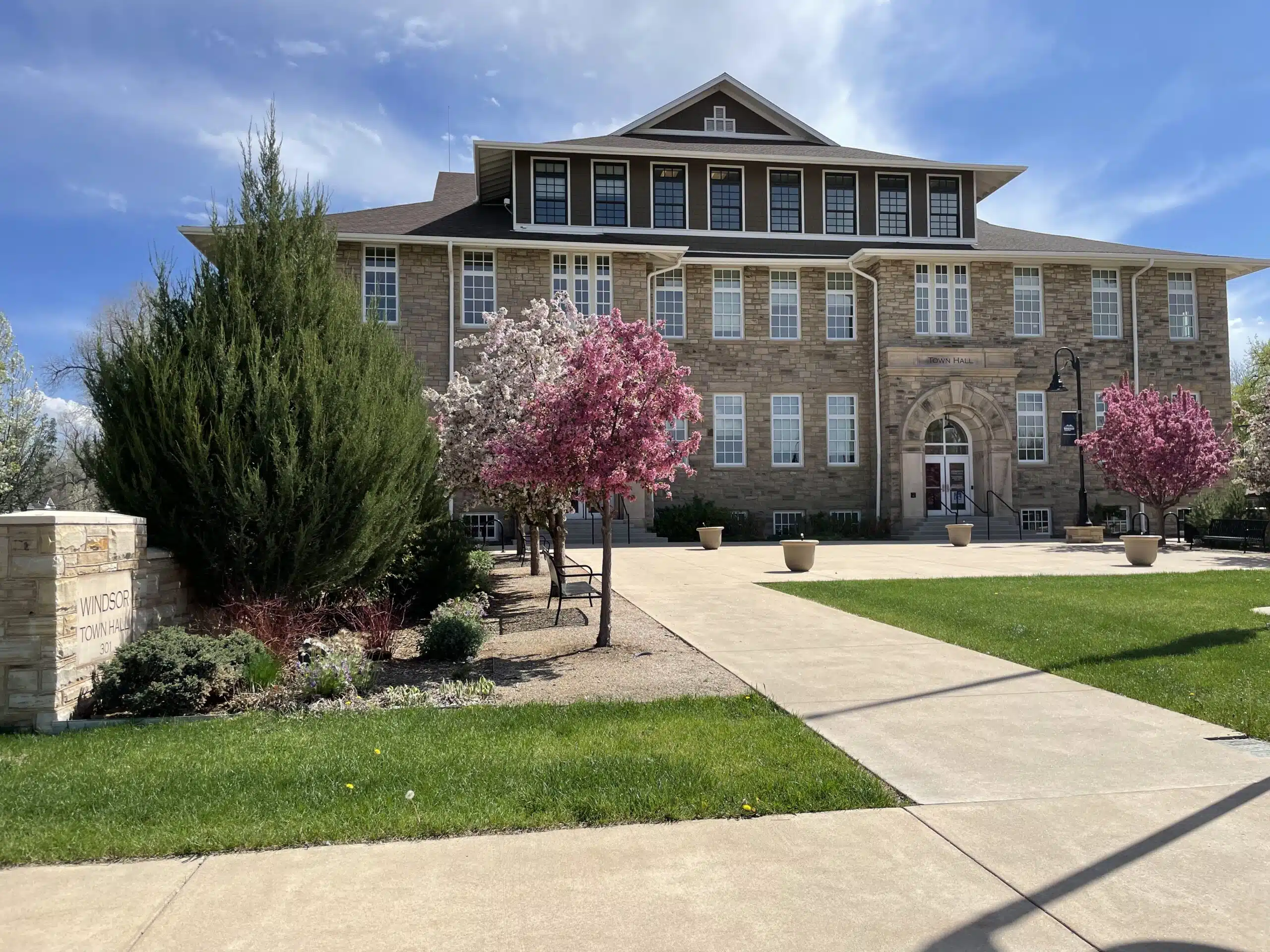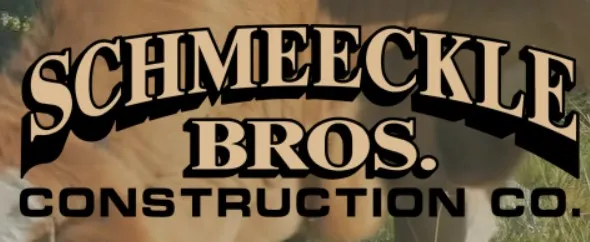Windsor Downtown Alliance pushed to reduce its mill levy

The Windsor Downtown Alliance is on some shaky ground after the Windsor Town Board on Monday refused to pass its more than $960,000 budget.
THIS ARTICLE IS FOR SUBSCRIBERS ONLY
Continue reading for less than $3 per week!
Get a month of award-winning local business news, trends and insights
Access award-winning content today!
Already have a paid subscription?




